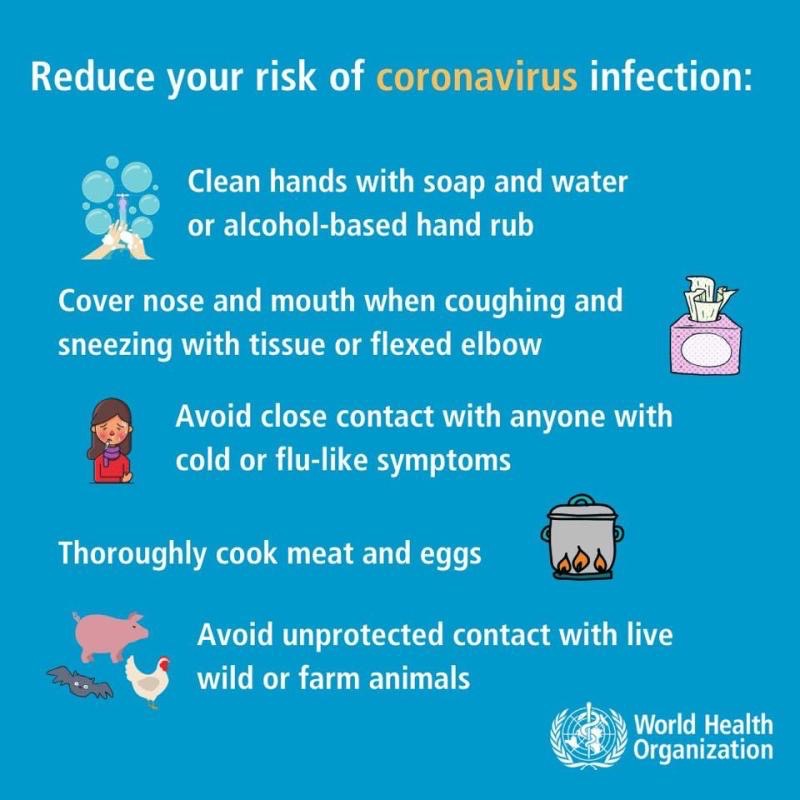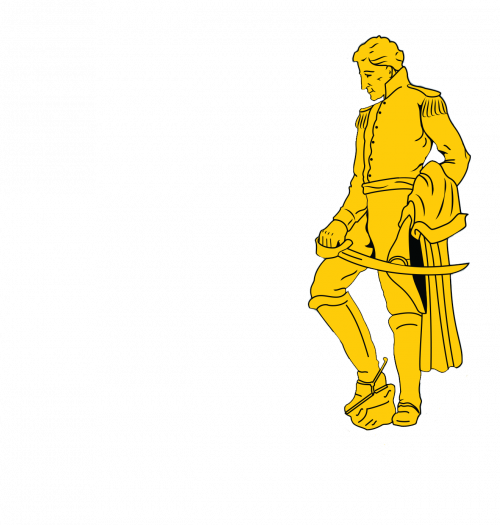 Moncrief Army Health Clinic PAO
Moncrief Army Health Clinic PAO
In the wake of the deadly Novel Coronavirus outbreak, Moncrief Army Health Clinic officials are closely monitoring the health of our Soldiers and ensuring that we are taking the necessary precautions to educate and safeguard our Soldiers, Army Civilian employees, as well as Family members and retirees. Currently, Moncrief Army Health Clinic and Fort Jackson have no reported cases of the virus. However, five cases have been reported in the U.S.
The U.S. Army Training Center and Fort Jackson is prepared to implement the post pandemic influenza plan, which will cover the current situation. MAHC and the installation have been working very closely in decisions regarding prevention and containment if we should have anyone test positive for the Coronavirus.
The Army’s first priority is to preserve the ability of our Soldiers and our Army Civilians worldwide to provide for national defense and sustain current military operations worldwide.
Stay informed. Keep abreast of the situation by checking the CDC website. Influenza is thought to spread mainly person-to-person through coughing or sneezing of infected people.
* Take everyday actions to stay healthy by covering your nose and mouth with a tissue when you cough or sneeze. Throw the tissue in the trash after you use it. If a tissue is not available cough into the sleeve of your shirt where the germs will die. Try not to cough into your hands.
* Wash your hands often with soap and water, especially after you cough or sneeze. Alcohol-based hands cleaners are also effective.
* Avoid touching your eyes, nose or mouth. Germs spread that way.
* Stay home if you get sick or have flu like symptoms. CDC recommends that you stay home from work or school and limit contact with others to keep from infecting them.
* Follow public health advice regarding school closures, avoiding crowds and other social distancing measures.
* Develop a family emergency plan as a precaution. This should include storing a supply of food, medicines, facemasks, alcohol-based hand rubs and other essential supplies.
· Fever
· Cough
· Headache
· Sore throat
· Shortness of breath
· Runny nose
· General feeling of being unwell
There are no specific treatments for illnesses caused by human coronaviruses. Most people with common human coronavirus illness will recover on their own. Medications for pain and fever can help relieve symptoms.
However, if you are mildly ill:
Drink plenty of fluids
Stay home and rest.
If you are concerned about your symptoms, you should see your
healthcare provider.
 or call 1-800-CDC-INFO.
or call 1-800-CDC-INFO.





